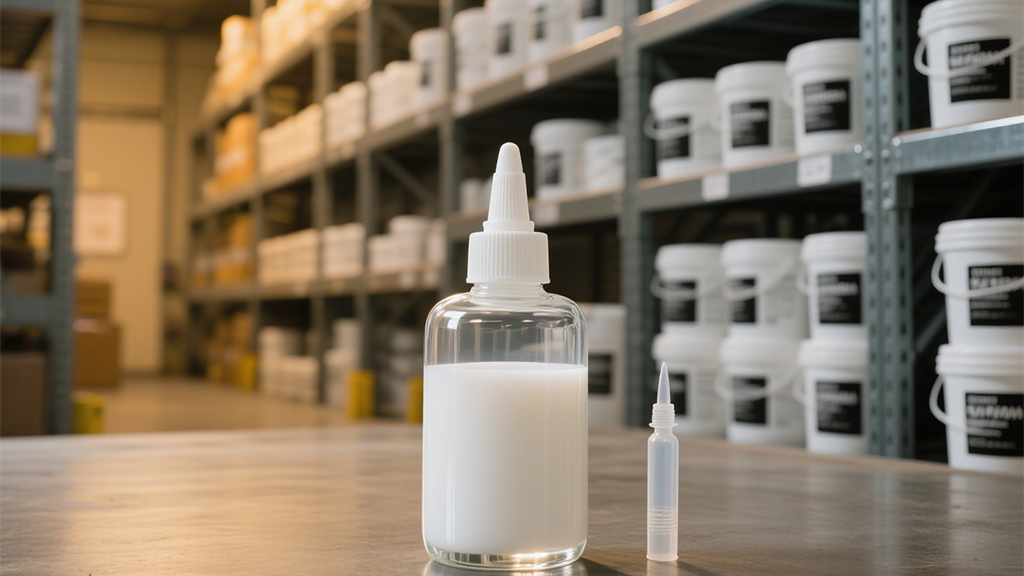Waterbased acrylic PSA antiyellowing refers to the formulation strategies and additive technologies used to prevent or minimize discoloration (yellowing) in water-based acrylic pressure sensitive adhesives over time, ensuring long-term clarity and aesthetic appeal in applications like clear labels, medical tapes, and transparent packaging. Yellowing can occur due to multiple factors: oxidation of polymer chains (especially in the presence of heat or light), reactions with nitrogen oxides (from air pollution), or degradation of additives (tackifiers, plasticizers) over time. To combat this, formulators select monomers with high oxidation resistance, such as methyl methacrylate and ethyl acrylate, which have stable chemical structures less prone to breakdown. Antioxidants (e.g., hindered phenols, phosphites) are added to scavenge free radicals generated by oxidation, slowing polymer degradation; these are particularly effective in preventing heat-induced yellowing in automotive or industrial applications. UV stabilizers (e.g., benzophenones, hindered amines) absorb or neutralize UV radiation, protecting the adhesive from light-induced degradation, critical for outdoor applications like signage labels. Low-yellowing tackifiers, derived from hydrogenated rosins or synthetic polymers, replace traditional rosin esters that may discolor, maintaining clarity without sacrificing tack. pH control is also important: maintaining a neutral to slightly alkaline pH (7-8) reduces acid-catalyzed hydrolysis of ester bonds in the polymer, which can lead to yellowing. Additionally, purifying raw materials to remove impurities (e.g., trace metals that catalyze oxidation) and using high-purity water in formulation minimizes yellowing triggers. Manufacturers like E Plus Chemical Co., Ltd. test antiyellowing performance through accelerated aging tests (exposure to heat, UV light, or ozone) and measure yellowness index (YI) using colorimeters, ensuring formulations meet strict standards for clarity in critical applications. These strategies result in waterbased acrylic PSAs with long-term color stability, preserving product appearance and functionality.
